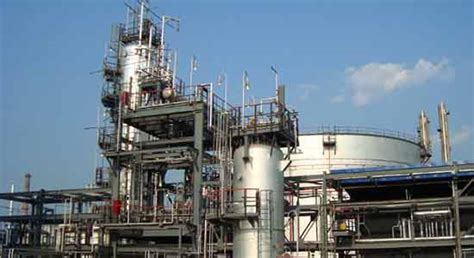The Nigeria Extractive Industries Transparency Initiative (NEITI) has hailed the resumption of operations at the Port Harcourt and Warri refineries as a monumental achievement for Nigeria’s energy sector. In a statement issued on Sunday, NEITI emphasized that these developments are crucial in reducing the nation’s dependence on imported petroleum products and will play a significant role in enhancing economic sustainability.
The statement, signed by Obiageli Onuorah, NEITI’s Acting Director of Communication and Stakeholders Management, noted that the revival of these refineries marks a major milestone in Nigeria’s long-term energy strategy. The Port Harcourt refinery, with a capacity of 210,000 barrels per day (bpd), and the Warri refinery, which can process 150,000 bpd, had both been dormant for years. However, their gradual resumption of operations within a month represents a major step forward.
“These refineries are critical to achieving energy self-sufficiency, and their revival will reduce the significant financial burden Nigeria faces from importing fuel,” the NEITI statement read. “This accomplishment will also create a ripple effect, positively impacting various sectors of the economy.”
In addition to congratulating the Nigerian National Petroleum Company Limited (NNPCL) for the successful completion of the first phase of the Port Harcourt Refinery rehabilitation project, NEITI commended the gradual resumption of operations at the Warri refinery. Although neither refinery is yet operating at full capacity, the revitalization of these facilities is seen as a significant achievement, especially considering their long-standing neglect.
NEITI’s statement also highlighted the wider economic implications of the refineries’ revival. “This milestone will not only support Nigeria’s energy security but also contribute to job creation, stimulate local industries, and free up crucial funds that can be redirected to national priorities such as health, education, and infrastructure.”
Further emphasizing the importance of these efforts, NEITI’s Industry Report for Oil and Gas 2023 revealed the staggering financial costs associated with fuel importation and subsidies over the years. Between 2006 and 2023, Nigeria spent a total of N15.87 trillion on fuel subsidies, with the year 2022 recording the highest expenditure at N4.714 trillion. During the same period, fuel imports peaked in 2022, with 23.54 billion litres of Premium Motor Spirit (PMS) entering the country.
“While import volumes declined by 14% from 23.54 billion litres in 2022 to 20.28 billion litres in 2023, the ongoing efforts to revitalize Nigeria’s refineries offer a hopeful future,” NEITI said. The agency anticipates that reducing fuel importation will provide critical financial relief and help the government redirect resources to national development projects, poverty reduction, and infrastructure rebuilding.
Onuorah also called on the NNPCL to expedite work on the second phase of the Port Harcourt refinery and continue the ongoing rehabilitation of the Kaduna refinery. “We urge the NNPCL to ensure the full restoration of these refineries to optimal capacity,” she said. “This will have a lasting impact on Nigeria’s energy security and overall economic stability.”
In conclusion, NEITI commended the NNPCL for its leadership and dedication in tackling the complex and challenging task of revitalizing Nigeria’s refinery infrastructure. “As stakeholders in the energy sector, NEITI remains committed to supporting these efforts and ensuring their long-term success,” Onuorah added. “We are ready to collaborate with the NNPCL to expand these gains and bolster Nigeria’s energy security.”
The successful restoration of the Port Harcourt and Warri refineries signals a promising shift towards greater self-sufficiency and a more sustainable future for Nigeria’s energy needs.







